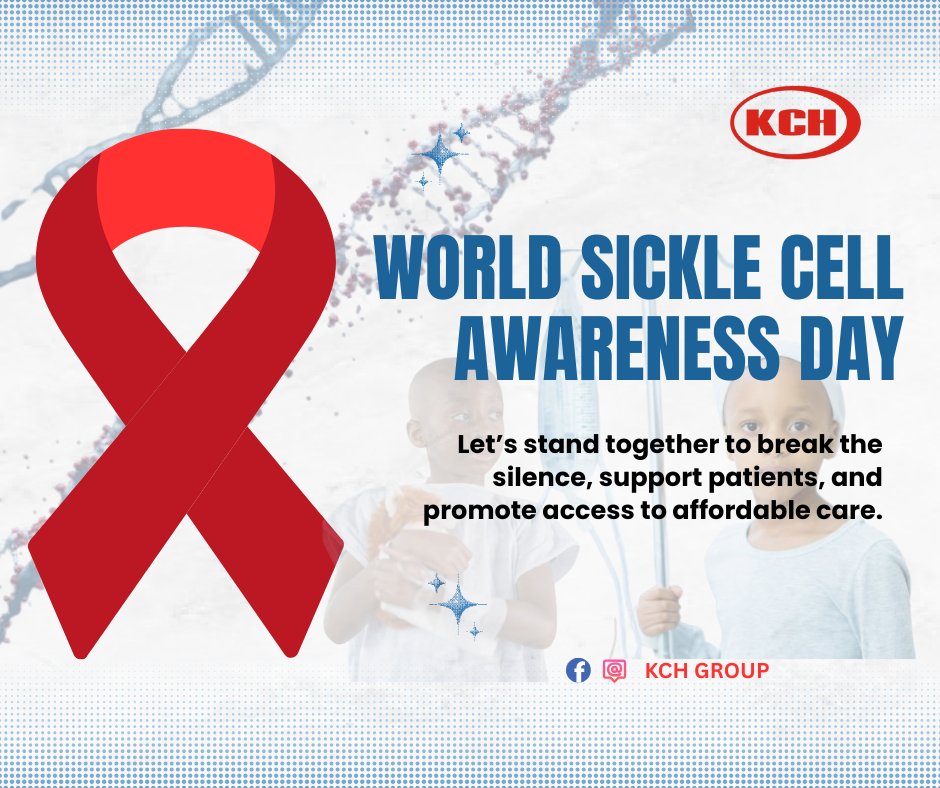By Evans Matthews
In the past decade, scientists have been uncovering one of the most remarkable frontiers in medicine — the human microbiome. This vast community of bacteria, viruses, fungi, and other microorganisms living in and on our bodies, particularly in the gut, is now being harnessed as a powerful therapeutic tool. Microbiome-based drugs, designed to manipulate or restore healthy microbial balance, are emerging as a promising way to treat chronic illnesses, from inflammatory bowel disease to diabetes, obesity, and even neurological disorders.
Internationally, the field has seen groundbreaking progress. In 2023, the U.S. Food and Drug Administration (FDA) approved the first oral microbiome therapeutic for recurrent Clostridioides difficile infections — a milestone that experts say could pave the way for similar treatments for other conditions. Europe is also pushing forward, with France and the UK investing heavily in biotech startups focused on microbiota modulation. “We are learning that gut health is far more than digestion — it’s an immune system regulator, a hormone factory, and even a brain influencer,” says Dr. Elaine Foster, a microbiome researcher at King’s College London.
The basic idea behind microbiome-based drugs is simple but profound: instead of targeting symptoms or single pathways in the body, these therapies work by restoring microbial diversity and balance, allowing the body’s natural systems to correct themselves. This could mean introducing beneficial bacteria, removing harmful ones, or altering the biochemical products that microbes release.
In Africa, where chronic illnesses such as diabetes, hypertension, and obesity are on the rise, microbiome-based medicine could be a game-changer. A growing body of research suggests that dietary shifts, urban lifestyles, and reduced exposure to traditional fermented foods are altering the gut microbiome of African populations — with health consequences. “African diets have historically supported diverse gut microbiota, thanks to high-fiber staples like millet, sorghum, and legumes,” explains Dr. Chike Obi, a Nigerian gastroenterologist. “But with the transition to more processed foods, we are seeing microbiome depletion linked to metabolic diseases.”
Countries like South Africa and Kenya are beginning to explore microbiome research hubs, collaborating with international biotech firms. Nigerian universities are also starting small-scale studies to map gut microbiome diversity among different ethnic groups, which could inform tailored therapies for local populations. Such efforts could lead to Africa-specific microbiome-based drugs that take into account genetic, environmental, and dietary factors unique to the continent.
One area of particular promise is the use of microbiome therapeutics in managing type 2 diabetes — a condition projected to affect over 47 million Africans by 2045. Early-stage studies have shown that certain gut bacteria can improve insulin sensitivity and regulate blood sugar levels. Similarly, in autoimmune diseases like Crohn’s disease, targeted microbiome modulation has reduced inflammation and improved patient quality of life.
However, the field faces challenges. Manufacturing microbiome drugs requires complex and costly processes, including maintaining live bacterial cultures in stable conditions. Regulatory frameworks are still catching up, with many countries lacking specific guidelines for these new therapies. There is also a need for public education to counter the misconception that all bacteria are harmful.
For Africa, affordability will be key. “If microbiome drugs are to benefit African patients, they must be locally produced or adapted, not just imported at high costs,” notes Dr. Obi. Partnerships between African research institutions, local pharmaceutical companies, and global biotech firms could help bridge this gap.
The future of microbiome-based drugs is not just about science — it’s about reshaping the philosophy of medicine. Instead of fighting nature, these therapies work with it, restoring the delicate microbial ecosystems that have co-evolved with humans for millennia. As Dr. Foster puts it, “We are moving from an era of killing microbes to one of cultivating them.”
With continued research, investment, and collaboration, microbiome-based drugs could become a cornerstone of preventive and therapeutic medicine, offering new hope for millions around the world — and particularly for African communities standing at the crossroads of tradition and modern health challenges.





